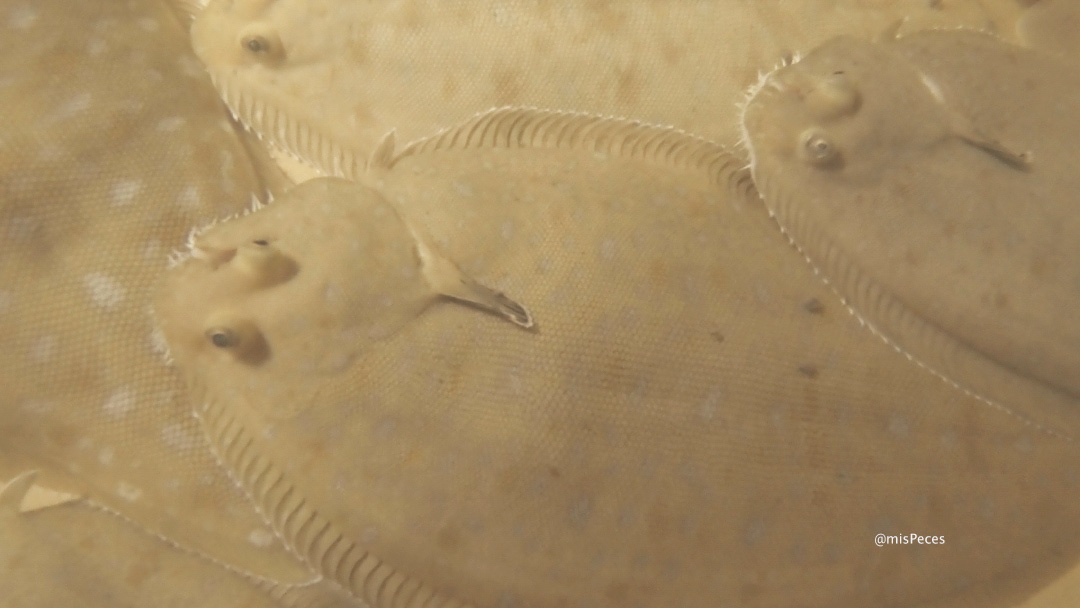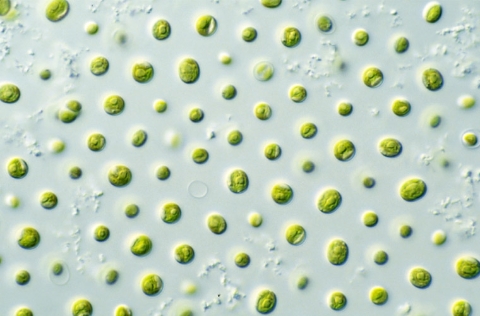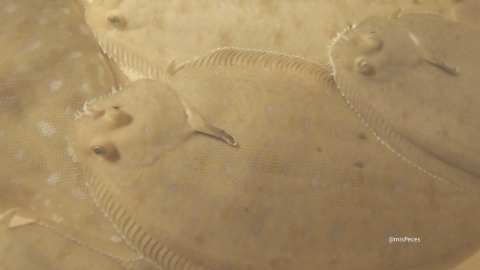
Researchers at the Portuguese Institute of the Sea and the Atmosphere (IPMA) have identified the first natural outbreak of the Vibrio harveyi bacterium in Senegalese sole broodstock in the south of the country.
The findings highly relevant for producers, as this bacterium is known to cause vibriosis – a disease capable of inflicting heavy economic losses due to high mortality. In this outbreak, broodstock losses reached 22 per cent, raising serious concerns for the genetic base and long-term productivity of farms.
Affected fish showed haemorrhages on the skin and gills, along with internal damage including localized necrosis in the spleen, vascular congestion with associated haemorrhages, and cellular degeneration. Congestion in the liver was also reported.
The pathogen was identified through bacteriological, biochemical and molecular (PCR targeting the topA gene) tests. Koch’s postualtes were fulfilled, with the infection successfully reproduced in juvenile sole – confirming the virulence of the isolated strain.
The isolate was found to be resistant to ampicillin and amoxicillin, intermediate to oxolinic acid, but sensitive to oxytetracycline, florfenicol, flumequine and enrofloxacin. The results highlight the urgency of developing sustainable alternatives such as vaccines and probiotics to reduce reliance on antibiotics and tackle resistance.
The emergence of Vibrio harveyi in broodstock in southern Portugal points to geographical shift in the prevalence of infections, potentially signlalling risks for other species and regions across the Mediterranean. The report provides an important basis for strengthening disease management and biosecurity in aquaculture.
For farmers, the report underlines the importance of vigilance. Preventing outbreaks will depend on a combination of strict biosecurity, careful water quality management and good husbandry to minimise stress on the fish. Early detection of symptoms and laboratory confirmation are crucial to act swiftly.
While antibiotics may still have a role in emergency treatment, the long-term focus is shifting towards preventive strategies such as probiotics, immunostimulants and vaccines, alongside selective breeding for more resistant stocks. Taken together, these measures represent the most effective way to protect the industry from future losses and ensure the sustainable growth of sole farming in the region.
Reference:
Denise Schrama, M. Carolina Ribeiro, Rui Sousa, Marcelo Livramento, Margarida Gamboa, Andreia Ovelheiro, Ana Candeias-Mendes, Iris A.L. Silva, Pedro Pousão-Ferreira, Cátia Lourenço-Marques, Florbela Soares. Infection by Vibrio harveyi in Broodstock Senegalese sole (Solea senegalensis) in South Portugal, Aquaculture Reports, Volume 45, 2025, 103097, ISSN 2352-5134.



